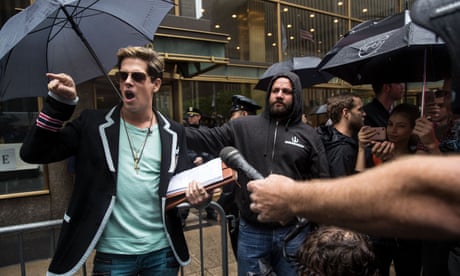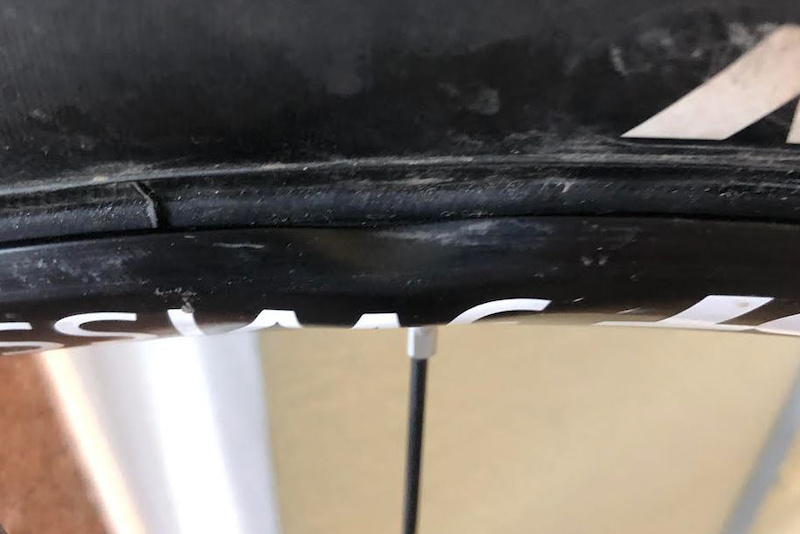Prosecutor investigating PG&E's role in Dixie Fire says Cal Fire determination is 'not the end' of criminal investigation
CALIFORNIA, USA — On July 13, PG&E dispatched a troubleman to the Cresta Dam to investigate an outage on one of the company's power lines. That same evening, the employee made a call to his dispatcher:
"There’s a tree on the line. Started a fire," he told the dispatcher.
The flames the troubleman found were the beginnings of the Dixie Fire, which went on to burn 963,309 acres over more than 3 months. It was the second largest fire in California history.
On Tuesday, Cal Fire investigators issued a statement agreeing with that PG&E employee's initial assessment. In it, the state agency determined, “the Dixie Fire was caused by a tree contacting electrical distribution lines owned and operated by Pacific Gas and Electric (PG&E)..."
"It is not the end of the investigation," said Butte County District Attorney Mike Ramsey.
Butte County leads a group of four others impacted by the fire, including Plumas, Lassen, Tehama, and Shasta, investigating whether PG&E should be held criminally responsible for the fire.
The first sparks of the Dixie Fire fell in the same canyon as the last PG&E-caused fire that Ramsey’s office prosecuted: the deadly 2018 Camp Fire. PG&E pleaded guilty to 84 counts of felony manslaughter in that case.
"Unfortunately, we have the most experience in this type of prosecution," Ramsey said.
One of the key questions prosecutors are investigating now is whether PG&E should have cut the tree down before it fell into the line and ignited the Dixie Fire. They are also concerned with why that line was left on for nearly 10 hours after the outage was first reported, per PG&E's own timeline of the events of July 13.
"Those are elements that we take into consideration in determining whether we can prove beyond a reasonable doubt that PG&E acted recklessly in this matter," Ramsey said.
PG&E told a federal court that the tree was not identified as a hazard in 2020 or early 2021, when trees near the line were last inspected.
PG&E is still on a five-year federal probation for crimes in the San Bruno gas explosion. Judge William Alsup, who oversees the company's probation, has made public a number of photos of the tree, before and after the fire, through his questioning. Alsup has also called to the stand the PG&E troubleman who first saw the Dixie Fire.
In a hearing Monday, the Judge called PG&E a “menace to society.” Their probation is set to expire January 26, but the judge said he would give “serious consideration” to extending it if federal prosecutors were to ask.
In a statement on Cal Fire’s finding PG&E says that “a large tree struck one of our normally operating lines,” and that it was "one of more than 8 million trees within strike distance to PG&E lines." The company does not explicitly accept Cal Fire’s determination in the statement.








